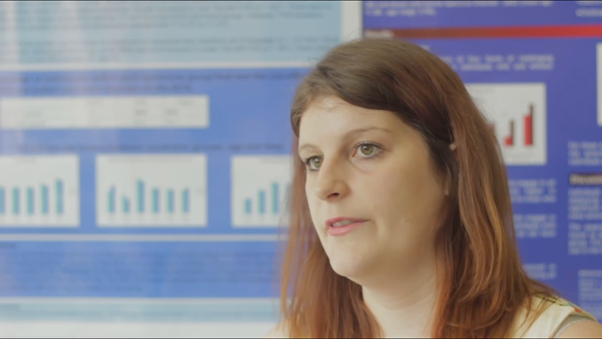Changes with Age in Williams Syndrome
Cognitive:
Although IQ scores of individuals with Williams syndrome tend to be lower than in the typically developing population, changes in abilities with age follows a similar pattern to typically developing peers. This different from some other neurodevelopemental disorders, in which IQ is reported to decline with age.
The profile of cognitive strengths and weakness reported in Williams syndrome also remains relatively stable with age, although some improvements with age are reported, particularly for performance IQ. Reading and spelling may improve but only minimally.
Physical:
In terms of growth, the average growth rate of children with Williams syndrome tends to be below the average for the first few years of life. However, studies have shown that individuals with Williams syndrome of both sexes may experience a premature pubertal growth spurt which has been found to be directly related to bone age acceleration (maturation of bones) during puberty. Some girls experience this pubertal growth spurt around 9-11 years of age and boys at around 11-12 years of age. Bone age may therefore be delayed in both sexes during childhood and accelerate markedly during puberty.
There is also evidence of accelerated ageing among individuals with Williams syndrome. An early onset of hearing loss is common and may coexist with hyperacusis (aversion to loud noises). There may also be premature greying of hair.
Other reported age-related medical conditions include worsening cardiac (heart) problems, diabetes and hypertension (high blood pressure). Adults may also be more prone to joint problems and may become more unsteady (e.g. with going up and down stairs).
Behaviour:
Adults with Williams syndrome may be less active, restless, decisive and less over-friendly in comparison to children with Williams syndrome. This means adults may be calmer, more inhibted and more withdrawn. Although hyperactivity may reduce in adults, persistent distractibility is still noted for many. Adults with Williams syndrome may also be less eager to learn than children with Williams syndrome.
Anxiety tends to persist with age and adults may acquire additional fears and phobias over time. However, research on changes in mental health with age are contradictory and require further research.




